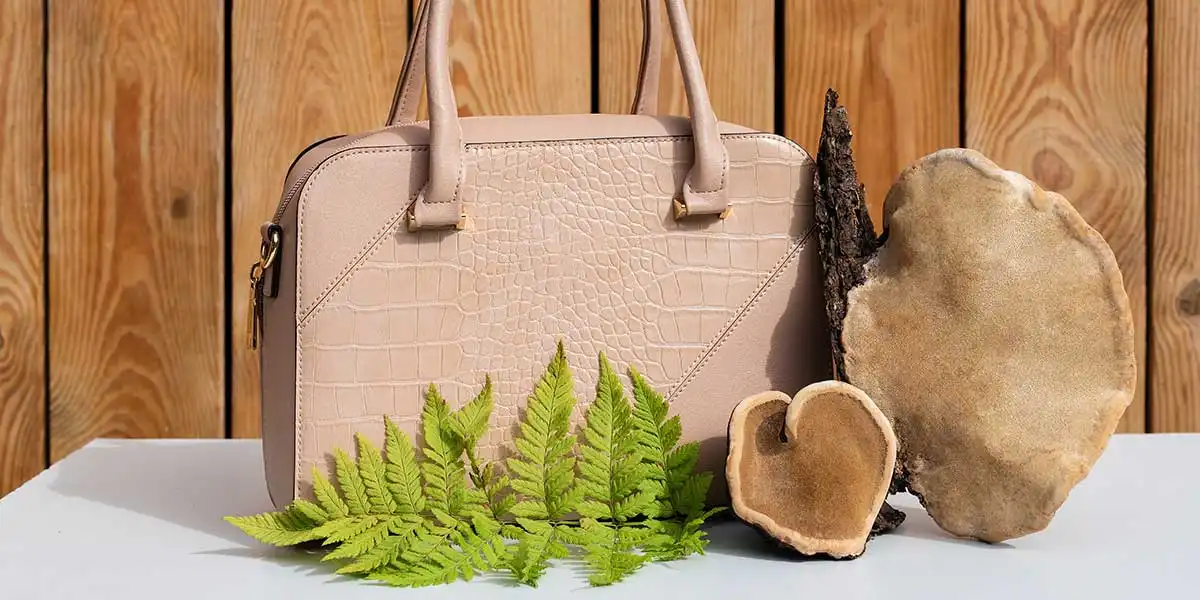
May 2, 2024
Bio-based leather refers to a sustainable leather substitute that is wholly or partially produced from plants, plant-based waste and/or bio-based materials. It mainly comprises tree bark, fruits, and plants such as grapes, cactus, bananas, mushrooms, pineapples, mangoes, coffee grounds, apples, and corn, among others.
As the COVID-19 pandemic ended, sustainable products including bio-based leather began gaining widespread popularity as an environmentally friendly and cruelty-free alternative to animal hide and plastic-based leather.
This blog provides information about bio-based leather, including its benefits, leading key companies, and future market forecasts till 2028. This market is estimated to reach $902.4 million by 2028 with a compound annual growth rate (CAGR) of 6.2% from 2023 to 2028.

The global market for bio-based leather is estimated to increase from $668.6 million in 2023 to reach $902.4 million by 2028, at a compound annual growth rate (CAGR) of 6.2% from 2023 through 2028.
Bio-based leather has proven to be a game changer in the worldwide leather market. These are also highly versatile and can be employed in a wide range of applications, from bags to furniture.
The key benefits of bio-based leather over genuine (or natural) and plastic-based leather are detailed below.
Here are the top leading companies associated with the bio-based leather market.
BCC Research has published a report on the "global bio-based leather market". This market is estimated to reach $902.4 million by 2028 with a compound annual growth rate (CAGR) of 6.2% from 2023 to 2028. Bio-based leather market is emerging as a key disruptor in the global leather industry. This innovative material is attracting significant attention due to its animal cruelty-free and eco-friendly nature, thereby holding immense potential to revolutionize the global fashion sector. At present, the overall bio-based leather market is expected to register rapid growth during the upcoming years.
Consider becoming a member of the BCC Research library and gain access to our full catalog of market research reports in your industry. Not seeing what you are looking for? We offer custom solutions too, including our new product line: Custom Intelligence Services.
Contact us today to find out more.

Heena Singh is a Senior Executive Email Marketer at BCC Research, with a master’s degree in computer applications. She specializes in content creation and data analytics.

Biophotonics: Technologies and Global Markets (PHO024B)

Global Trade: A Strategic Shift The global trade environment is undergoing a dra...

The global demand for cutting-edge materials continues to rise, and at the foref...

We are your trusted research partner, providing actionable insights and custom consulting across life sciences, advanced materials, and technology. Allow BCC Research to nurture your smartest business decisions today, tomorrow, and beyond.
Contact UsBCC Research provides objective, unbiased measurement and assessment of market opportunities with detailed market research reports. Our experienced industry analysts assess growth opportunities, market sizing, technologies, applications, supply chains and companies with the singular goal of helping you make informed business decisions, free of noise and hype.